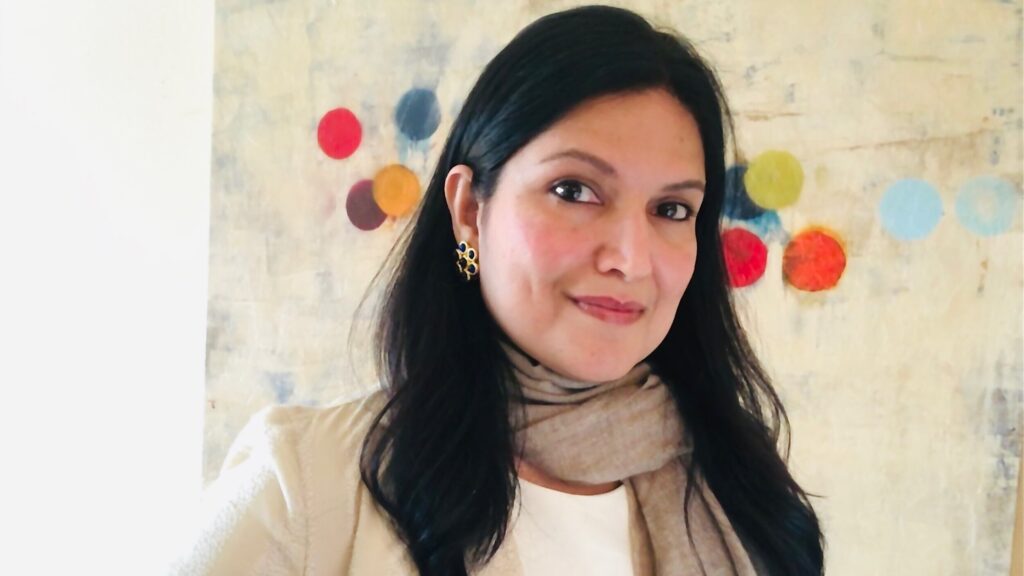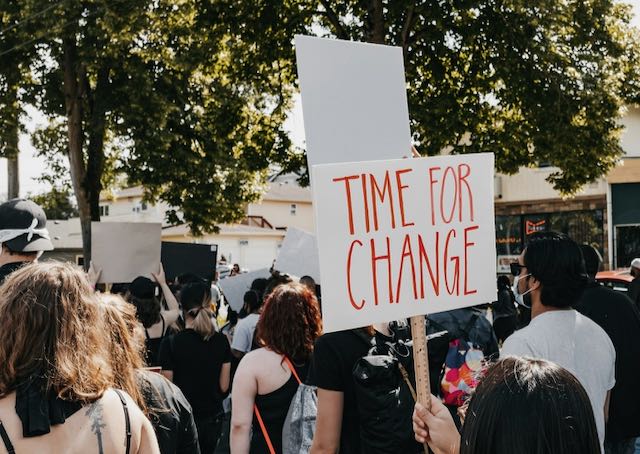One of the hardest things for a novelist to do is write compelling fiction about important contemporary issues where the moral or ethical stance seems obvious–devastation of our environment by corporate interests, for example, or the racism and power imbalance endemic in many universities.
The challenge in fiction is always to reflect the world as it is without merely copying it–to take us below the surface into the secret lives of characters trying to survive their circumstances, overcome barriers to their desires, and find real meaning. Tackling politically-charged issues makes this challenge exponentially more difficult.


Recently, however, two Northwest authors, David James Duncan and Sonora Jha, have done just that in their books Sun House and The Laughter.
Duncan has had a long, celebrated career evoking the beauty and mystery of the Pacific Northwest while also sounding the alarm on habitat loss and environmental degradation. Jha is a more-recent immigrant to the area whose previous book, a memoir called How to Raise a Feminist Son, blended the struggles of single-parent nurturing with deep concern for the challenges boys face in becoming sensitive and caring men.
As a fiction writer and occasional activist who has long decried the mistreatment of marginalized people, the heedless profit-motivated destruction of our environment, and the hesitancy of otherwise good people to learn about issues and speak out, I admire these writers’ courage and skill in crafting this kind of political novel.
And I laud their ability to produce works of this type that have the power to touch and move a reader–to immerse us in the worlds of characters whose moral stance might seem obvious but whose struggles, both internal and external, engage us on a deeper level.
~ ~ ~ ~ ~

Duncan’s Sun House, which came out in August 2023, is his first novel since the 1992 publication of The Brothers K, a widely-acclaimed book that developed a fiercely-devoted following. During the 30 years that followed that novel’s release, Duncan published award-winning essays and three other books, but it was the next novel everyone was waiting for. And what a novel he has delivered!
At 784 pages, Sun House is huge when compared to most recent fiction, not only in size but also in ambition. Duncan has always been a maximalist fond of digressions and the insertion of what amount to mini-essays on subjects he finds fascinating or important. In Sun House, he gives this compulsion free reign, indulging his interest in everything from Eastern religions to Indigenous traditions to Northwest history.
The result is a big, brimming book full of fascinating characters; treatise-like discourses on mysticism, community, nature, and the environment; and achingly beautiful descriptions of threatened landscapes that make you want to set the book aside and do all you can to save them.
This description makes Duncan’s novel sound too dour, however. It’s often uproariously funny and delightfully quirky, with so many wonderful set pieces even a quick dip inside it will give you something to think about the rest of the day.
“This is a classic epic novel with twenty-first-century humor and timeless spirituality. I laughed so much and cried just as often. It’s sexy, politically astute, visionary, and bold.” – Sherman Alexie
The book’s plot is too involved and multi-dimensional to summarize here. Suffice it to say, it involves a disparate group of mostly idealistic, mostly younger people who come from across the Northwest to a still-pristine landscape in Montana and do their best, as a community, to preserve it.
Larded into this fundamental story are all of the subjects, positions, attitudes, issues, and approaches Duncan seems to care most deeply about, making Sun House the definition of an author’s magnum opus. Those who need a neatly-plotted story that moves clearly along a well-lit path might find the book frustrating, but those who enjoy engaging with the mind of a passionate, erudite, and fiercely inventive author will no doubt relish it.
~ ~ ~ ~ ~

Jha’s The Laughter, which received the 2024 Washington State Book Award in Fiction, is a tighter, more conventional, and more intentionally contemporary look at the clashes over race, power, inclusion, and change that have roiled universities–and English departments, in particular–over the past few years.
As is true in the real world, these issues are intimately tied to the broader clashes across America over immigrants (Muslims, in this case) and the racism and xenophobia woven deeply into the nation’s fabric.
Whereas Duncan employs a sympathetic and seemingly reliable narrator who often seems to be the author’s mouthpiece, Jha, who is from India, tells her story from the perspective of an older, white, tenured professor at a Seattle university who has a vested interest in the status quo.
Even if Professor Oliver Harding’s antiquated ideas and flashes of prejudice didn’t make him suspect already, his admission, in the novel’s first line, that his interest in his new, younger colleague, Dr. Ruhaba Khan, “began in lust” would.
“A deliciously sharp, mercilessly perceptive exploration of power, The Laughter explores how ‘otherness’ is both fetishized and demonized, and what it means to love something—a person, a country—that does not love you back.” – Celeste Ng
What keeps the novel from being too nakedly a critique of the entrenched privilege, power dynamics, and tendency to exoticize and fetishize others that have long characterized the white professorship in U. S. colleges and universities, are the scattered moments of sympathy between Harding and Khan.
What humanizes the story even more is the presence of Dr. Khan’s visiting nephew, Adil Alam, a boy with a limp and a keen curiosity who de-centers and complicates Prof. Harding’s fixation on his aunt. Adil lives in France but his parents are from Pakistan, which causes Prof. Harding to be cautious and suspicious even as he finds himself drawn to the boy.
In one of the book’s most compelling chapters, the two of them–the boy and the man–go for a hike together in a Northwest forest, each in some way out of his element. What happens during and after that hike reverberates in a resonate way through the rest of the story.
While the book moves inexorably through protests and hardened positions toward what might seem its inevitable conclusion, Jha manages to defy our expectations enough to imply that other outcomes are possible.
To move forward together, she suggests, we need to prioritize not only a re-imagining and reordering of power and community but also a true and enduring sympathy between people of different backgrounds and ethnicities based on openness, vulnerability, and honest compassion.
~ ~ ~ ~ ~
In a world in which more and more of the things we care about are being politicized, these novels provide a much-needed guide to authors hoping to write fiction that is both imaginative and relevant.
You can learn more about these authors and their work by visiting their websites:
Note: I’m an affiliate of Bookshop.org, where your purchases support local bookstores. If you buy a book through a click on this website, I’ll earn a small commission that helps defray the costs of maintaining WritingtheNorthwest.com.
Image of protesters by Duncan Shaffer on Unsplash.

Leave a Reply